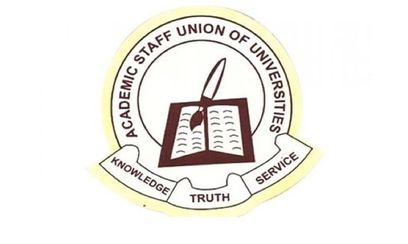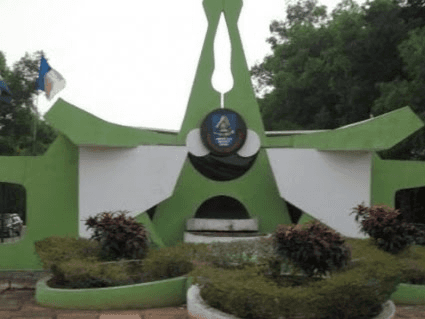FG raises special committee to prevent ASUU strike


The Ministry of Education has stated that it is striving to prevent another strike by the Academic Staff Union of Universities.
Folasade Biriowo, the ministry’s director of press, confirmed this in an interview with our correspondent in Abuja on Sunday.
“I can assure you that everything is being done to prevent the strike from happening. The minister has teams working already so I can give you that assurance,” Birjowo said.
Last week, ASUU gave the Federal Government a 14-day deadline to address many outstanding issues, or it will go on strike again.
Among other reasons, the varsity lecturers want to complete the revision of the 2009 FGN/ASUU Agreement based on the Nimi Briggs Committee’s Draft Agreement of 2021, as well as the release of withheld earnings from the 2022 strike action.
ASUU is also requesting the release of unpaid salaries for workers on sabbatical, part-time, and adjunct appointments affected by the Integrated Payroll and Personnel Information System, as well as the payment of outstanding third-party deductions such as check-off dues and cooperative contributions.
The union is also requesting funds for the revitalisation of public universities, which is partly captured in the Federal Government Budget for 2023, as well as the payment of Earned Academic Allowances.
Other issues include the proliferation of universities by Federal and State Governments, implementation of the reports of visitation panels to universities, reversal of the illegal dissolution of Governing Councils, and the adoption of the University Transparency and Accountability Solution as a replacements by the for IPPIS.
ASUU President, Emmanuel Osodeke in a statement issued last Wednesday, expressed frustration with the government’s lack of commitment and delay tactics, stating that these actions were fuelling a crisis in the public university system.
“In view of the foregoing, ASUU resolves to give the Nigerian Government another 14 days, in addition to the earlier 21 days, beginning from Monday, 23rd September 2024 during which all the lingering issues must have been concretely addressed to the satisfaction of the membership of the union. The union should not be held responsible for any industrial disharmony that arises from the government’s failure to seize the new opportunity,” Osodeke said.





![UNILAG Academic Calendar for 2019/2020 Session [UPDATE] UNILAG](https://sundiatas.net/wp-content/uploads/2019/11/UNILAG.jpg)

